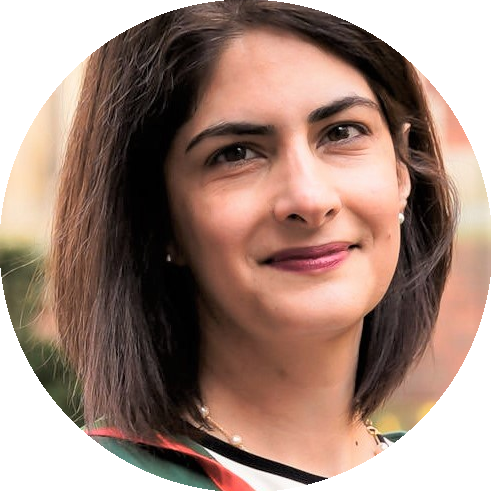Informing the National Curriculum and Youth Policy for Peacebuilding in Kyrgyzstan, Rwanda, Indonesia and Nepal.
Overview
Mobile Arts for Peace is a four-year international, multi-disciplinary project which provides a comparative approach on the use of interdisciplinary arts-based practices for peacebuilding in Kyrgyzstan, Rwanda, Indonesia and Nepal. It is a collaborative project between universities, cultural artists, civil society organisations and young people across the world. The aim of MAP is to work with young people, educators, cultural artists, civil society workers and policy makers to inform National Curriculum and Youth Policy using arts-based approaches for peacebuilding.
MAP activities include a curriculum workshop with cultural artists to inform the methodology, a training of trainers with educators to adapt the methodology to local and regional contexts, and a youth camp to train young people as facilitators and to work alongside the adult educators to develop drama clubs and to integrate the methodology into schools.
We are now in Strand One of the MAP project which involves scoping visits, literature reviews, community mapping and training of adult and child/youth facilitators in each of the four countries. Strand Two of the project will distribute a range of grants for child/youth and adult MAP trainers to work alongside CSOs to address local issues including: child rights-based decision-making; child protection and peacebuilding.
The role of IET
IET is predominately responsible for the development and dissemination of online curriculum resources, digital engagement and the integration of marginalised children and young people through varied communication systems and strategies. Together with UCL, IET is responsible for working alongside the in-country teams and co-investigators and attends the baseline activities and dissemination events in each country, offering mentorship when and where needed.
Expertise
Funders
- Global Challenges Research Fund (GCRF) through the Arts and Humanities Research Council (AHRC)
Partners
- University of Lincoln
- University College London
- The Institute of Research and Dialogue for Peace
- Foundation for Tolerance International
- University of Rwanda
- Atma Jaya Catholic University
- Tribhuvan University
- UNESCO
- Rwanda Education Board
- Kwetu Film Institute
- Mandala Theatre Company
- Sana Initiative
- Uyisenga Ni Imanzi
- Human Rights Film Centre

